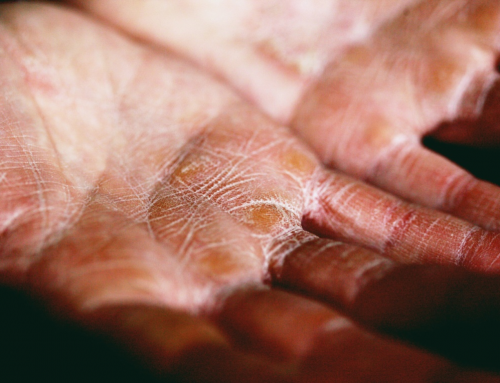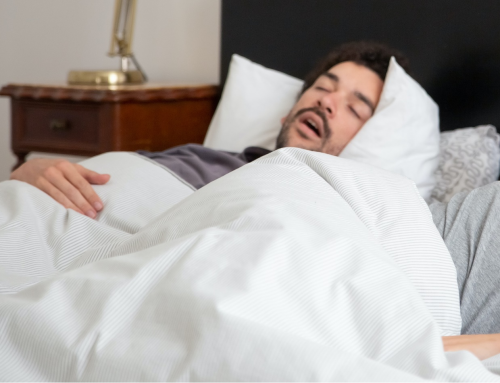Do you feel tired after waking up from a full night’s sleep? Do you snore loudly? Do you keep waking up at night? If the answers to these questions are affirmative, then you may have sleep apnea.
Sleep apnea is a sleeping disorder that causes a person’s breathing to pause repeatedly. Treating sleep apnea is essential to prevent further complications.
Symptoms of Sleep Apnea
- Loud snoring
- Morning headache
- Irritability
- Excessive daytime drowsiness
- Waking up with a dry mouth
- Gasping for breath while sleeping
- Breathing pauses while you’re asleep
- Difficulty staying asleep
- Lack of focus while awake
Causes of Sleep Apnea
- Weight gain- obesity increases the chances of this sleeping disorder. Fat accumulation in the upper airway can restrict breathing.
- Narrow airway- naturally narrow throat, adenoids, or tonsils can block the airway, causing sleep apnea.
- Age- sleep apnea occurs more often in older adults.
- Smoking- Smoking increases fluid retention and inflammation leading to sleep apnea.
- Family history- having a family history of sleep apnea might increase your chances too.
- Congestion- nasal congestion due to allergies or anatomical issues are likely to cause sleep apnea.
- Medical conditions- sleep apnea occurs more in individuals who have poor medical conditions like type 2 diabetes, Parkinson’s disease, high blood pressure, or congestive heart failure.
- Using narcotic medications- chances of sleep apnea increases with high consumption of opioid medications.
Treating Sleep Apnea

Treating sleep apnea means normalizing your breath while you sleep. It will address any underlying health issues and resolve the severity and causes of sleep apnea symptoms.
1. Lifestyle Changes
Modify your lifestyle to treat sleep apnea. Follow a healthy diet, develop healthy sleeping habits, limit alcohol consumption, manage your weight, and quit smoking. You can also try sleeping on your side.
2. CPAP Therapy
Continuous positive airway pressure therapy is the best treatment for sleep apnea. It provides constant gentle pressure through a mask to keep the airway open. Some individuals find this therapy uncomfortable and stop the treatment before it becomes effective. However, adjusting the mask settings and adding moisture to the airflow will make this therapy comfortable.
3. Surgery
Surgery can also treat sleep apnea. Various procedures can shrink or stiffen the obstructing tissue, curing sleep apnea.
To consult sleep disorders doctors and specialists in Odessa, visit John D. Bray MD. My highly-experienced staff can help you live a healthy and happy life. Contact us for more details.









Leave A Comment